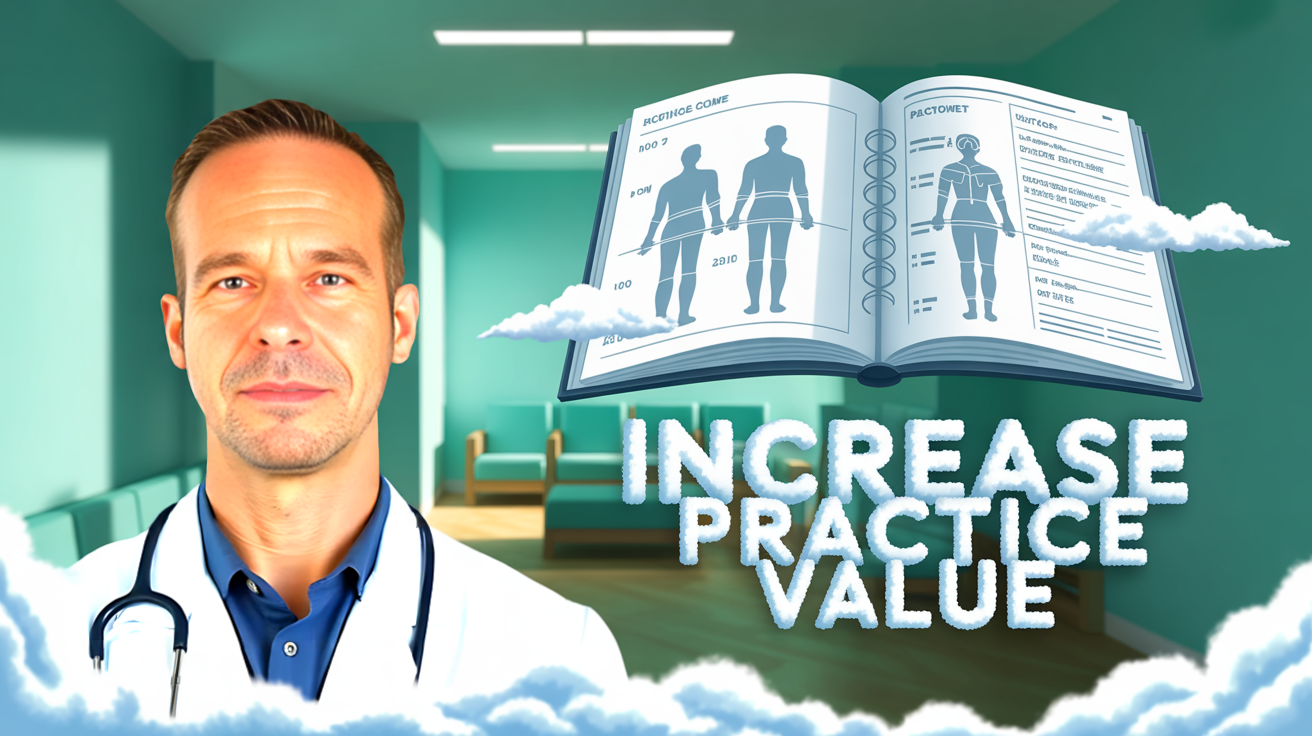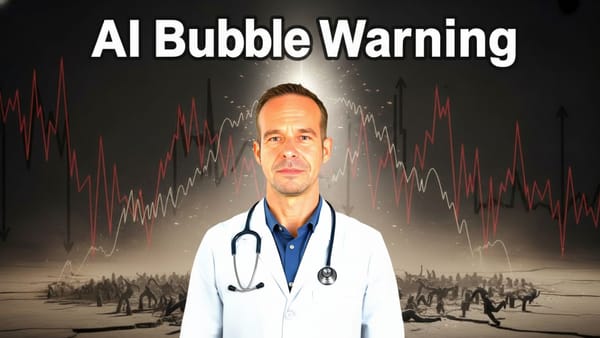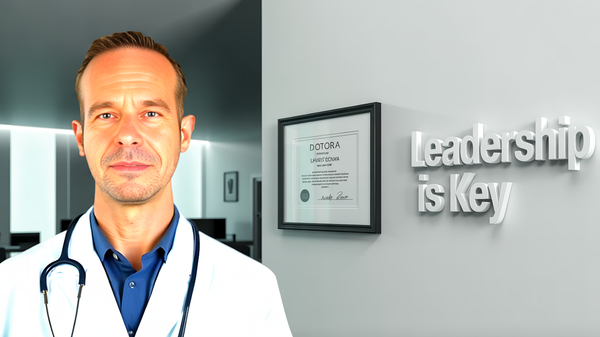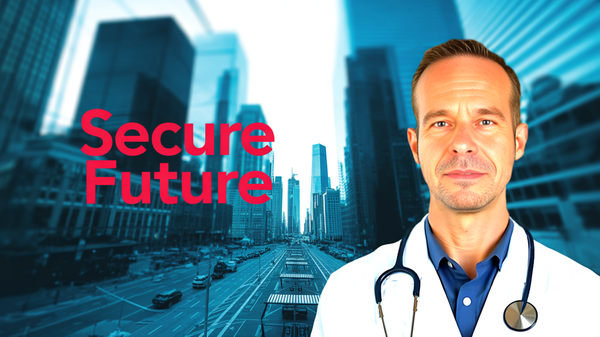Why Your Medical Practice Actually Owns You

The numbers tell a devastating story.
Non-physicians now own nearly three in five physician practices (58.5%). For the first time in medical history, corporations control more practices than the doctors who built them.
But the real crisis runs deeper than ownership statistics.
I've been investigating why so many physician-owners feel trapped in businesses they created. The answer reveals a pattern I call hyper-dependency. You become the bottleneck for every decision, every revenue stream, every operational detail.
You're not running a business. You're running a job with overhead.
The Dependency Trap
Mark Henderson Leary, an EOS Implementer who works specifically with medical practices, sees this pattern repeatedly. Physicians excel at clinical care but struggle with business systems.
"Most doctors wear three hats simultaneously," Leary explains. "They're the business owner, the primary revenue generator, and often the administrator. This creates unsustainable dependency."
The consequences compound quickly. Burnout affects 45.2% of physicians, costing the healthcare system $4.6 billion annually. When you can't step away from your practice, burnout becomes inevitable.
Practice values suffer too. Businesses dependent on their owners sell for significantly lower multiples. Independence becomes a liability.
The EOS Framework Solution
The Entrepreneurial Operating System offers a systematic approach to breaking dependency cycles. Three core components drive the transformation:
Vision defines where your practice is headed. Traction builds accountability systems. Team Health develops aligned leadership.
The beauty lies in simplicity. EOS was designed for companies with 10-250 employees, exactly the size of most medical practices. The framework requires minimal time investment while delivering maximum impact.
91% of businesses using EOS achieve significant revenue growth within a year. The system works because it addresses root causes, not symptoms.
Breaking Free Systematically
The escape process follows a methodical approach. First, map every role in your practice. Identify which functions currently depend on you personally.
Prioritize delegation based on impact and your skill gaps. Find the right talent for each position. This often requires multiple hiring attempts for key roles.
Build your leadership team gradually. Each successful delegation reduces your dependency while increasing practice value.
The distinction between leadership and management proves crucial here. Leadership provides vision and inspiration. Management establishes metrics, accountability, and execution systems.
Most practices struggle more with management gaps than leadership deficiencies. Strong management systems must precede effective leadership.
Required Mindset Shifts
Three mental adjustments determine success or failure.
Abundance mindset recognizes opportunities rather than just challenges. Scarcity thinking keeps you trapped in operational details.
Vulnerability means acknowledging knowledge gaps. You're an expert clinician, not necessarily an expert business operator.
Clarity about personal and business objectives guides every decision. Without clear goals, even perfect systems deliver random results.
These mindset shifts feel uncomfortable initially. Growth always requires leaving familiar territory.
The Freedom Payoff
Successfully implementing this approach delivers three major rewards.
You reclaim personal time. Evenings and weekends become yours again. Vacations happen without constant phone calls.
Practice value increases substantially. Businesses operating independently of their owners command premium valuations. Your practice becomes a sellable asset, not just a personal income stream.
Team engagement improves dramatically. Clear systems and accountability create better patient outcomes and staff satisfaction.
The transformation happens incrementally. One role, one system, one mindset shift at a time.
Your practice can operate without your constant presence. That's not abandoning your patients or your calling. That's building a sustainable business that serves everyone better.
The question becomes simple: Do you want to own a business, or do you want your business to own you?




